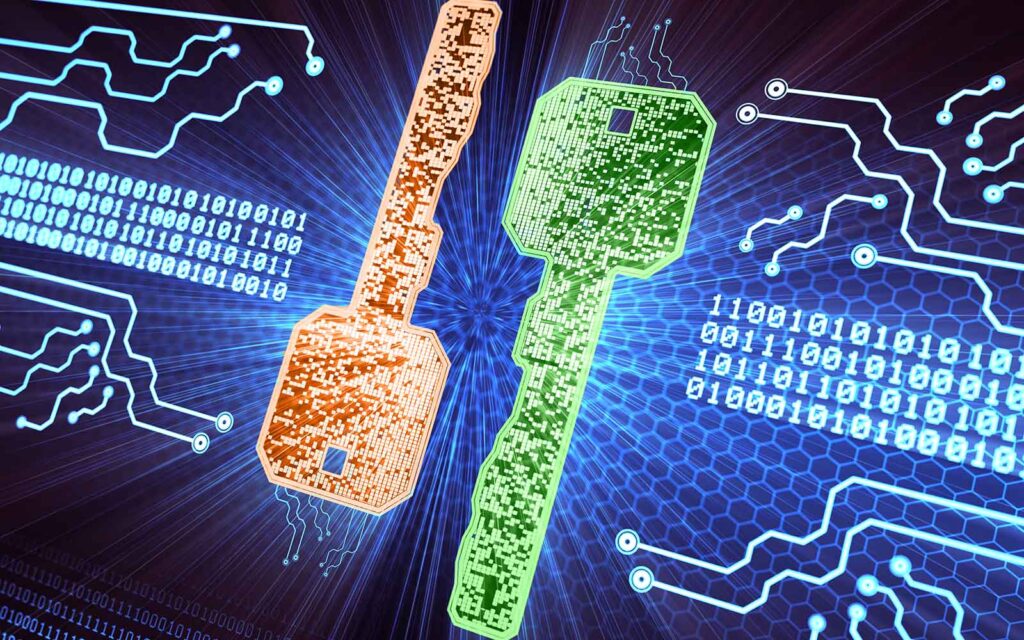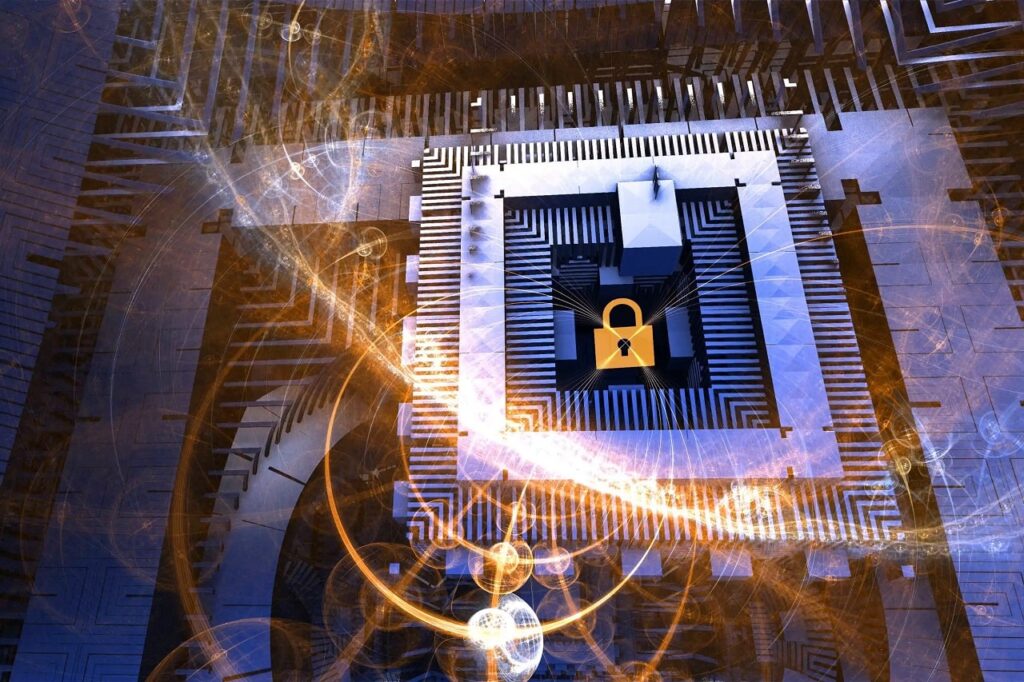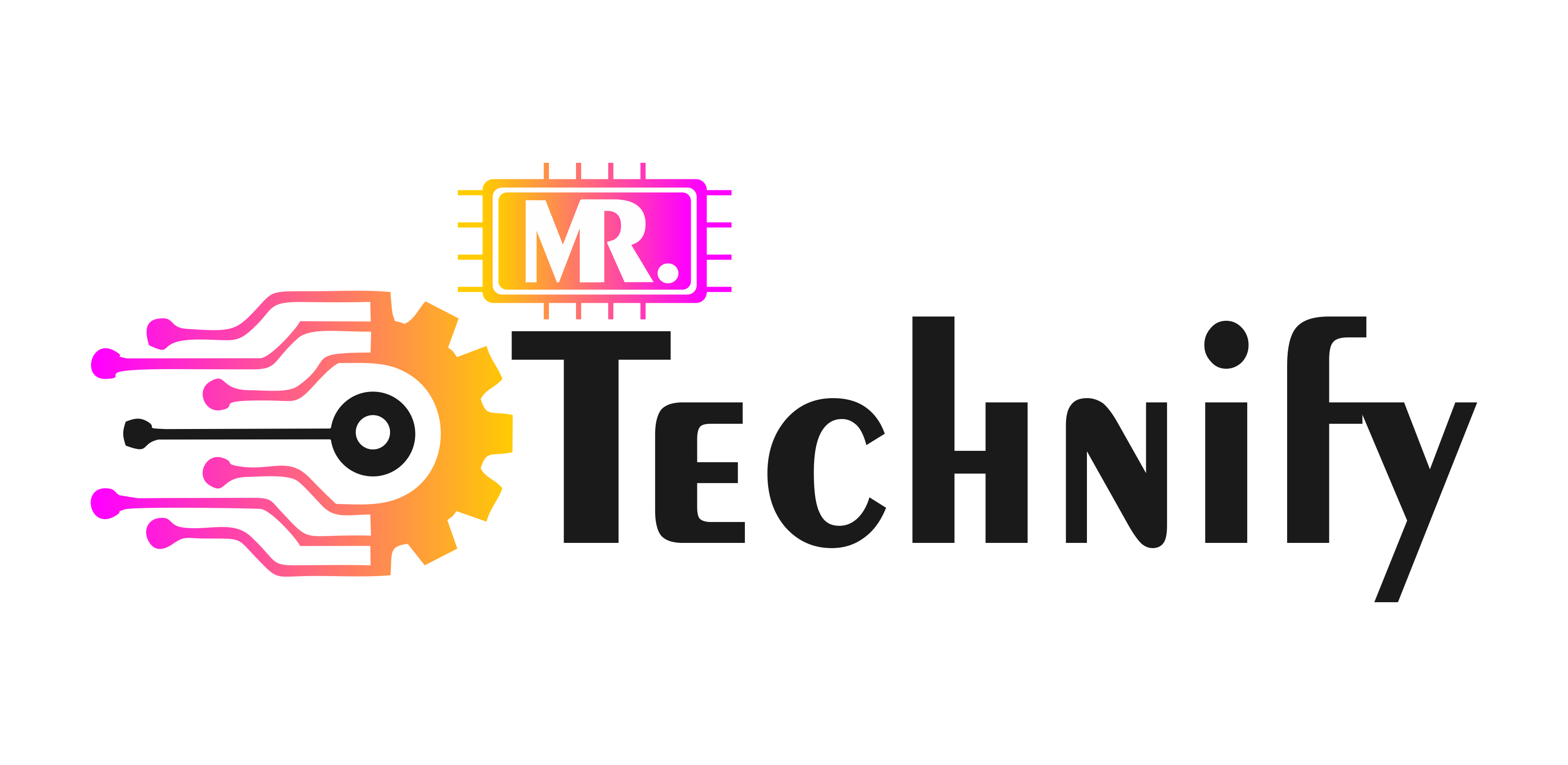Introduction
Quantum cryptography uses quantum physics principles to protect communication, assuring secrecy and security like never before. Unlike traditional encryption methods, it is essentially safe since it is based on physical principles rather than mathematical formulas.
-
Historical Background
The exploration of quantum cryptography began in the 20th century as scientists sought more robust security methods. It marked a significant shift from traditional cryptographic practices, laying the foundations for unmatched communication security.
How QC Works
Quantum Cryptography (QC) employs quantum mechanics principles, ensuring unbreakable security by utilizing Quantum Key Distribution (QKD) for sharing encrypted keys, making data breaches virtually impossible and safeguarding sensitive information seamlessly.
-
Quantum Key Distribution (QKD)
QKD, a crucial component of QC, allows two parties to produce a shared, secret random key. This key is capable of encrypting and decrypting communications, guaranteeing secure transmission.
-
Quantum Entanglement
Another essential concept, quantum entanglement, facilitates the creation of intertwined particles. Changes to one particle instantly reflect on the other, regardless of distance, adding a layer of security to cryptographic processes.
Applications of Quantum Cryptography
Quantum Cryptography, or QC, finds its applications primarily in ensuring secure communication and data transmission. Here are some notable applications:
-
Secure Communication
It ensures that the information transmitted between two parties remains confidential and secure from unauthorized access or cyber threats. Governments and military organizations utilize QC for shipping sensitive and classified information.
-
E-commerce Transactions
QC protects online transactions like e-commerce, ensuring the security and integrity of financial and personal data. It builds consumer trust by providing a safe environment for online shopping and banking.
-
Secure Data Sharing
Organizations can use QC for securely sharing sensitive data, ensuring only authorized personnel have access, thereby safeguarding intellectual property and confidential information.
-
Blockchain and Cryptocurrencies
QC enhances the security of blockchain technologies and cryptocurrencies, making them even more secure against potential attacks.
-
Network Security
It helps in securing network communications safeguarding data transmitted over the network from potential eavesdropping or hacking attempts.
Advantages of Quantum Cryptography (QC)
QC carries a myriad of significant benefits that substantially contribute to the enhancement of data security and secure communication:
-
Enhanced Security
QC provides unprecedented security levels by utilizing the principles of quantum mechanics. It’s nearly impossible to breach, ensuring the utmost security for sensitive data and communications.
-
Immunity to Computational Attacks
Traditional encryption methods may be vulnerable to powerful computational attacks. However, QC is immune to such threats, making it a reliable choice for securing important data.
-
Eavesdropping Detection
One of the unique advantages of QC is its ability to detect eavesdropping. If a third party attempts to intercept the quantum keys, it will inevitably alter them, instantly alerting the communicating parties.
-
Future-Proof Security
As computing power continues to grow, many encryption methods may become obsolete. QC, however, stands as a future-proof technology, maintaining its security effectiveness despite advancements in computational capabilities.
-
Secure Key Distribution
QC allows for the secure distribution of cryptographic keys, ensuring that only the intended recipients have access to the shared secret keys used for encryption and decryption.
-
Global Secure Communication
For global organizations, QC provides a means for secure international communications, ensuring that sensitive information transmitted across borders remains confidential and secure.
Challenges and Concerns
While Quantum Cryptography (QC) offers cutting-edge security solutions, it’s not without its challenges and concerns. Here are some key issues that need to be addressed:
-
Technical Challenges
QC requires specialized hardware and technology, making the initial setup complex and costly. Ensuring the right infrastructure is in place is a significant hurdle for many organizations.
-
Scalability Issues
The current QC systems face scalability challenges. Establishing a global quantum communication network is a complex task that demands further advancements in quantum technologies.
-
Limited Distance
Quantum signals, used in QC for secure communication, can only travel a limited distance without degradation. This limitation hinders the widespread adoption of QC for global communications.
-
Compatibility Issues
Integrating QC with existing communication and encryption systems poses compatibility issues. Ensuring smooth integration without compromising security is a pertinent challenge.
-
Regulatory Concerns
The field of QC is still emerging, and regulatory frameworks are not fully established. Navigating the legal and regulatory landscape can be a complicated endeavor for organizations employing QC.
-
Lack of Skilled Professionals
There is a shortage of professionals with the requisite skills and knowledge in quantum cryptography. This gap adds to the challenges of implementing and managing QC effectively.
-
Quantum Computing Threats
While QC is secure against classical computational attacks, the emergence of quantum computing presents new potential vulnerabilities that need to be addressed.
Conclusion
In conclusion, while quantum cryptography holds promise for revolutionizing secure communication, it’s essential to overcome current challenges to harness its full potential. Advancements in technology and dedicated research are pivotal for addressing these issues, propelling QC to mainstream adoption.
FAQs for Quantum Cryptography
How does quantum key distribution work?
Quantum Key Distribution allows two parties to produce a shared, secret random key used for encrypting and decrypting messages.
Can quantum cryptography be hacked?
While no system is entirely unhackable, quantum cryptography offers robust protection against most traditional and computational attacks.
What are the applications of quantum cryptography?
It finds significant applications in secure communication and e-commerce transactions.
What are the challenges faced by quantum cryptography?
Technical challenges and scalability issues are primary concerns in the advancement of quantum cryptography.
Rate our Article (Quantum Cryptography | The Future of Secure Communication)How much do you like our Article?



